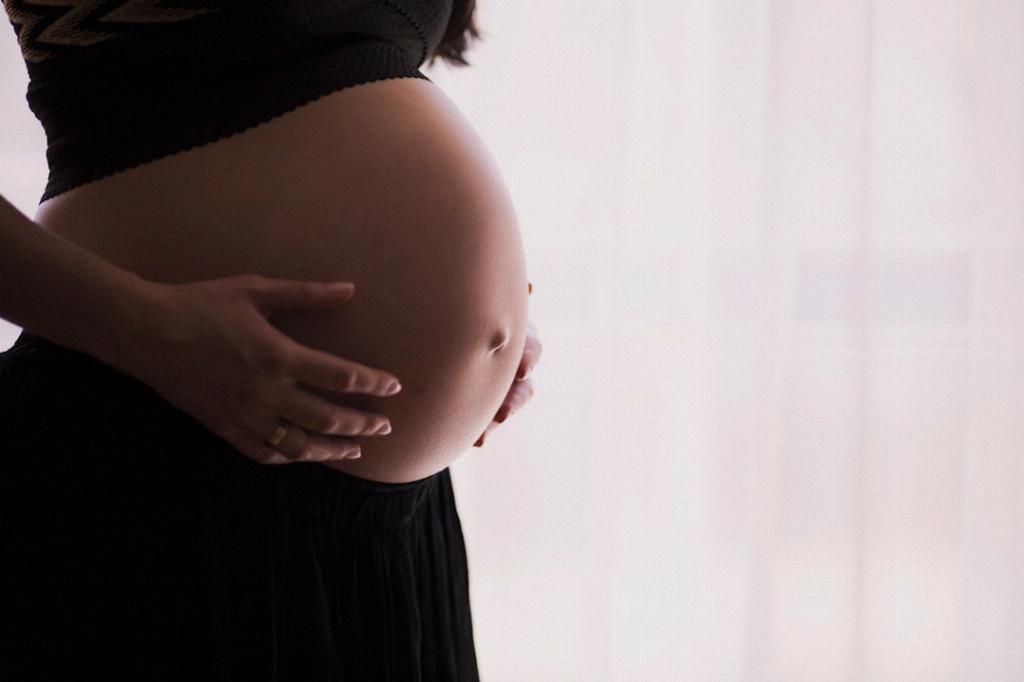When it comes to pregnancy complications, one that often raises concerns is placenta previa. This condition occurs when the placenta partially or completely covers the cervix, potentially leading to various complications for both the mother and the baby. However, a common question that arises is: Does placenta previa affect the baby?
One crucial point to consider is the potential impact of placenta previa on the baby’s growth and development. In cases where the placenta is covering the cervix, it can restrict the baby’s access to essential nutrients and oxygen, leading to intrauterine growth restriction (IUGR). This condition can result in delayed fetal growth, which may have long-term implications for the baby’s health.
Additionally, the presence of placenta previa increases the risk of preterm birth, which refers to delivery before 37 weeks of pregnancy. Preterm birth can pose various challenges for the baby, as they may not have had enough time to fully develop in the womb. This can increase the likelihood of complications such as respiratory issues, feeding difficulties, and long-term developmental delays.
Furthermore, the risk of hemorrhage during delivery is significantly higher in cases of placenta previa. If the placenta detaches from the uterine wall before the baby is born, it can lead to severe bleeding, putting both the mother and the baby at risk. This can result in a life-threatening situation that requires immediate medical intervention to ensure the safety of both parties.
It is essential for healthcare providers to closely monitor pregnancies with placenta previa to mitigate the risks and ensure the well-being of both the mother and the baby. Regular prenatal visits, ultrasound scans, and other diagnostic tests can help in assessing the condition and determining the most appropriate course of action to minimize potential complications.
While placenta previa can have detrimental effects on the baby, it is crucial to remember that each case is unique, and the severity of the condition can vary. Some babies may be more resilient and able to withstand the challenges posed by placenta previa, while others may require more intensive care and monitoring to ensure a healthy outcome.
In conclusion, placenta previa does have the potential to affect the baby, primarily through factors such as intrauterine growth restriction, preterm birth, and the increased risk of hemorrhage during delivery. Understanding these risks and taking proactive measures to address them is essential in managing pregnancies affected by placenta previa and promoting the best possible outcomes for both mother and baby.

